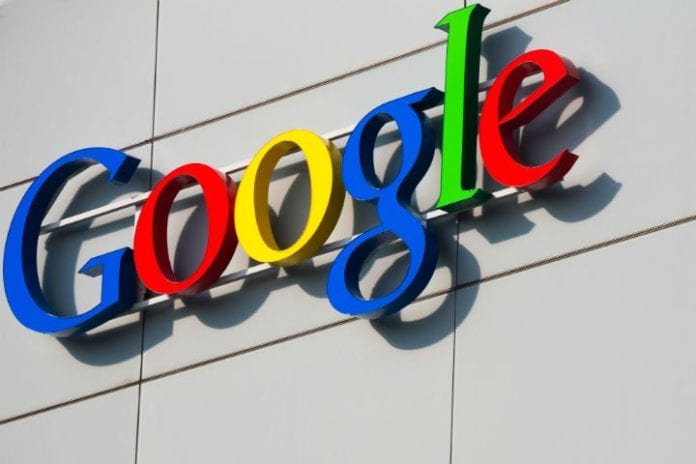Google wants to be a leader in wireless, however they are struggling in two of three categories. While Google Android is a success, their handset business with Pixel and their service business called Project Fi, have not been hitting the ball out of the park. So, will this partnership with HTC help Google start winning in wireless?
During the last 10 years the smartphone world has dramatically changed. Before that Blackberry was number one in smartphones and Nokia in regular handsets. A decade before that Motorola was number one in handsets. However, the new super smartphone era changed everything starting ten years ago.
Today, smartphone OS leaders are Apple iPhone and Google Android. They have roughly 85 to 90 percent market share. Many competitors have tried, but have not managed to carve out meaningful market share. HTC is one of those companies.
HTC has great smartphones, but weak market share
They have created stunning devices; however, they have not captured market share like Samsung Galaxy has. HTC has already been working with Google. In fact, they created the Google Pixel smartphone. This is an impressive device, nevertheless, it has been stalled.
So, why does Google think partnering with HTC in a different way will help them carve out a successful niche in the smartphone marketplace? What will be different going forward? That’s the real question.
While Android is a hit, Google has tried, and failed to make significant progress in the smartphone and services side of the wireless business. Google Project Fi and the Pixel smartphone segment have been a real yawner for more years than we can count.
So, the question is simple. Is Google capable of succeeding in the handset and services side of the business, or should they just be happy they have such a powerful, worldwide presence in wireless with Android?
Actually, it is surprising Google is still trying to squeeze success out of dry rocks. The wireless business is vibrant, yet they have not been successful in handsets and services after years of trying.
Their entrepreneurial drive is formidable. They have tried many things in the past. Thrown many ideas against the wall. Whatever stuck, they built. Whatever fell away, they closed. This philosophy has worked with for Google, now Alphabet for many years.
Google sees wireless as critical for ongoing growth
So, since they have never seen success here, why haven’t they exited these two segments? The reason is simple. The tech giant sees wireless as fundamental to growth going forward. They see OS, smartphones and services as the center of the universe they can continue to grow the company on.
Since they are forced to be a player in the wireless space, they want to be a winner. Google does not play unless they can be a winner. That’s why failing for years in the wireless segment is so painful to watch. They just keep trying over and over and over again without results.
Google is a public company. They need to keep growing. They need to innovate to keep their shareholders happy. They see the entire wireless space as an important place to be growing going forward. A real growth opportunity. That’s why they want to be a leader in wireless OS, smartphones and services.
Service competitors are AT&T, Verizon, T-Mobile, Sprint, Xfinity Mobile
And while Android is a success against the Apple iOS, competing against Apple iPhone and Samsung Galaxy smartphones seems to be very difficult. Project Fi is also finding it difficult to compete against service winners like AT&T Mobility, Verizon Wireless, T-Mobile and Sprint. Comcast Xfinity Mobile is a new competitor on the same MVNO footing as Google Project Fi. However, Comcast doesn’t seem to see wireless as a major success factor.
Bottom line, the big question is, will partnering with HTC make Google any more successful than they are today with their own smartphones like Pixel already made by HTC? These are great phones, so it is possible if the right marketing magic happens. However, no other company has broken the leadership model over the last decade and until I see something exciting, I don’t expect that to change in the near future.

